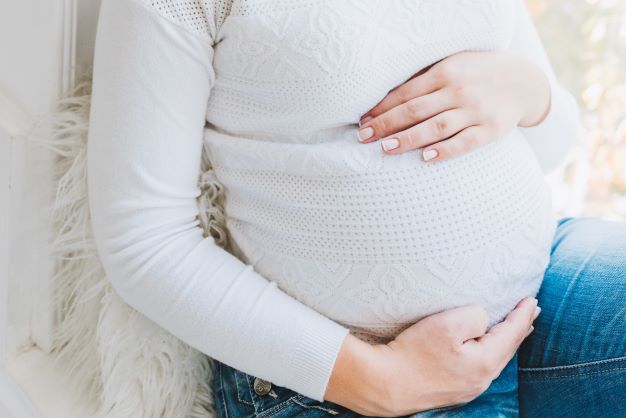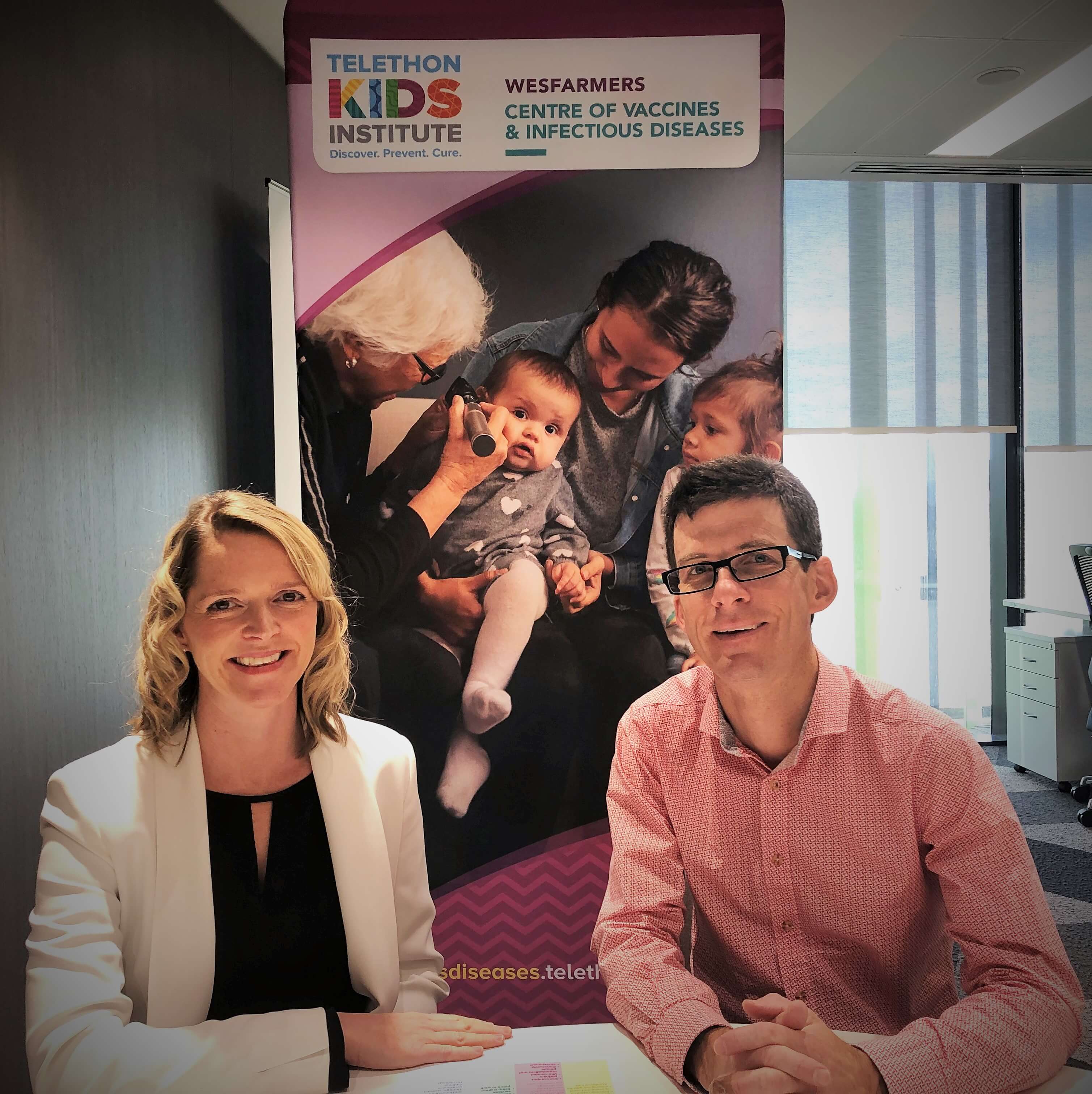Search
Research
Continuous active surveillance of adverse events following immunisation using SMS technologyAutomated SMS-based reporting can facilitate sustainable, real-time, monitoring of adverse reactions and early identification of potential vaccine safety issues
Research
PneuMum: Impact from a trial of maternal pneumococcal vaccination on middle ear disease amongst Indigenous infantsThis study was unable to demonstrate efficacy of 23vPPV in pregnancy against the co-primary outcomes of either all-cause infant ear disease.
Research
Genome-wide association study of IgG1 responses to the choline-binding protein PspC of Streptococcus pneumoniaeDelayed development of antibodies to S. pneumoniae in infancy is associated with the development of atopy and asthma.
Research
Safety and immunogenicity of a vero cell culture-derived whole-virus influenza a(H5N1) vaccine in a pediatric populationThis study examined the safety and immunogenicity of a vero cell culture-derived whole-virus influenza a(H5N1) vaccine in a pediatric population.
Research
TLR1/2 activation during Heterologous prime-boost vaccination (DNA-MVA) enhances CD8+ T cell responses providingLeishmania (Viannia) parasites present particular challenges, as human and murine immune responses to infection are distinct from other Leishmania species
Research
Immediate and Longer Term Immunogenicity and Safety of a Single Dose of the Combined Haemophilus influenzae TypeHib-primed but MenC-naive toddlers (N = 433) were randomized to receive 1 dose of Hib-MenC-TT or separate Hib-TT and MenC-CRM197 vaccines.
Research
Comparison of the immunogenicity and reactogenicity of a prophylactic quadrivalent human papilloma VirusWe conducted a noninferiority immunogenicity study to bridge the efficacy findings in young women to preadolescent and adolescent girls and boys...

News & Events
RSV prevention finally in reach after 20 years of research at The Kids Research Institute AustraliaWorld-first immunisations providing protection against deadly respiratory syncytial virus (RSV) could be just months away thanks to global research efforts spanning multiple decades.

News & Events
Free vaccines for pregnant mums see monumental rise in protection for WA babiesNew collaborative research involving almost 600,000 pregnant mothers has demonstrated a dramatic increase in uptake of the whooping cough (pertussis) vaccine after identifying just 22 per cent of WA women had the maternal vaccination between 2012 – 2017.

News & Events
New Co-directors for the Wesfarmers Centre of Vaccines and Infectious DiseasesDr Lea-Ann Kirkham and Dr Chris Blyth have been appointed as Co-Directors
